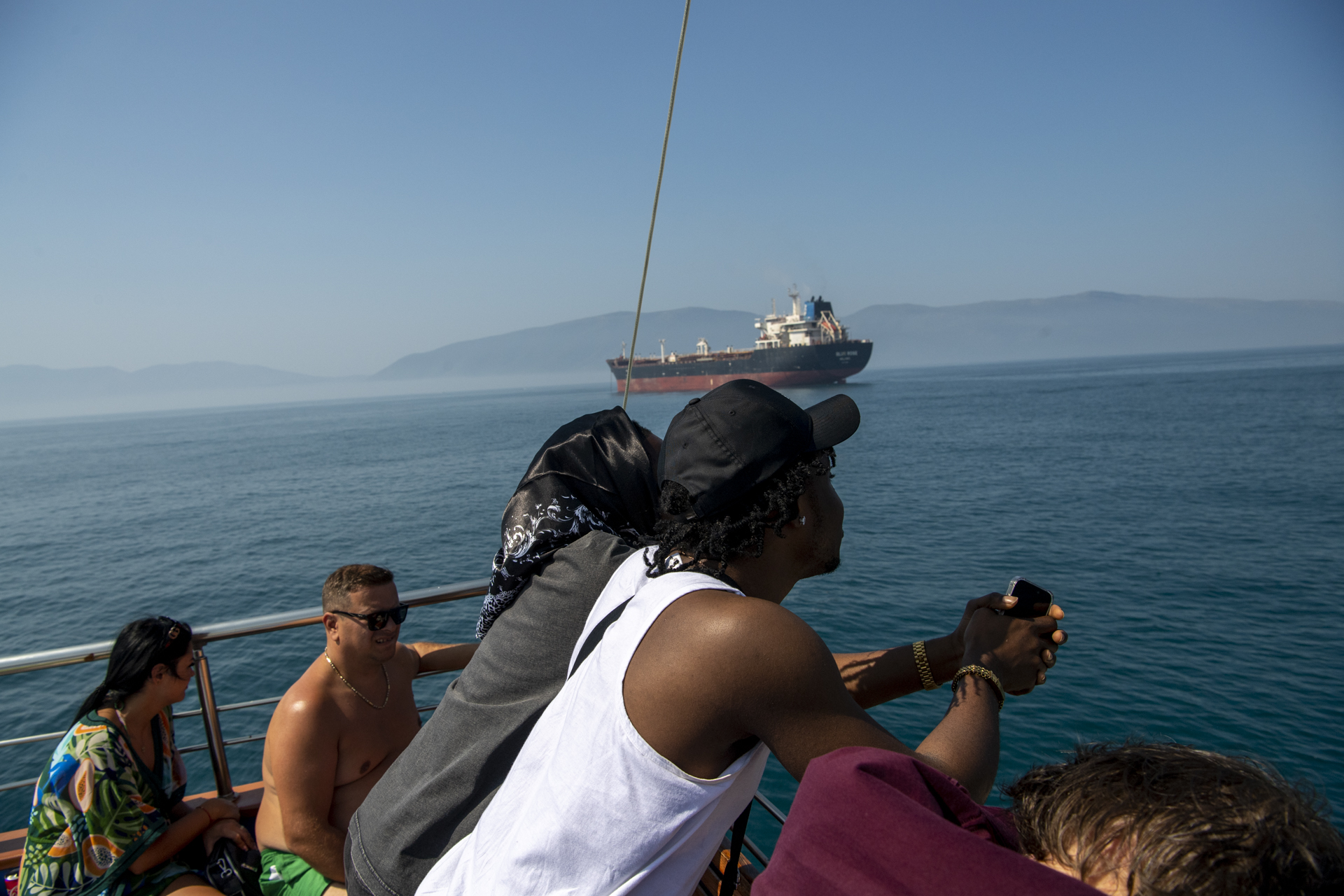
“The summer season is death”
Workers’ rights abuses in the shadow of Albania’s tourism growth

Albania has become one of the fastest-growing tourism destinations in Europe. Photo: Atdhe Mulla / K2.0

The growth of tourism has exposed serious problems in respecting workers’ rights. Photo: Atdhe Mulla / K2.0

From long working hours and inadequate living conditions to the lack of contracts and health insurance, seasonal workers across the country face widespread violations of their labor rights. Photo: Atdhe Mulla / K2.0

“Seasonal workers exist only during the season and disappear with it,” says Ferdez Onuzi. Photo: Atdhe Mulla / K2.0

Arbjona Cibuku
Arbjona Çibuku has finished her Master’s studies in Investigative Journalism in Tirana, Albania. With six years of experience in journalism, she has reported on political issues, human rights, and social equality issues, with a particular focus on institutional transparency. She currently works as a journalist at Citizens.al, where she is also engaged as a project manager.
This story was originally written in Albanian.